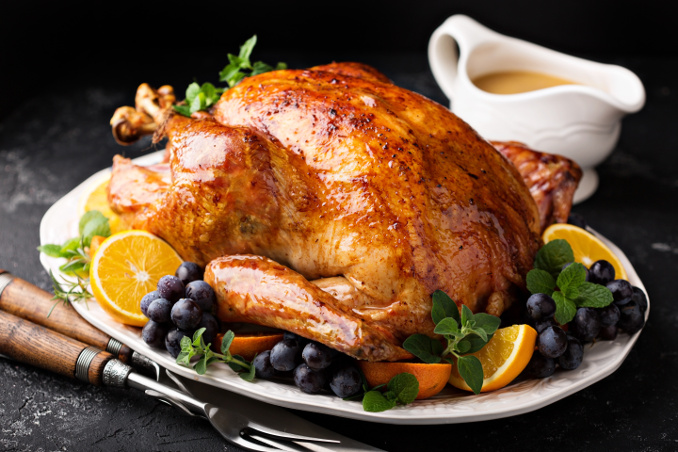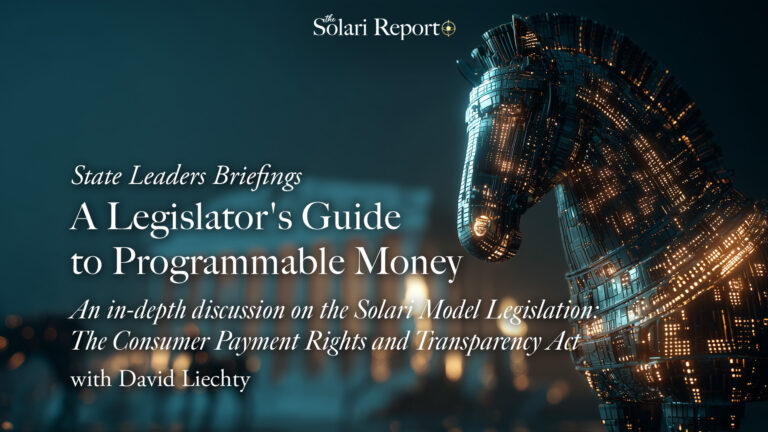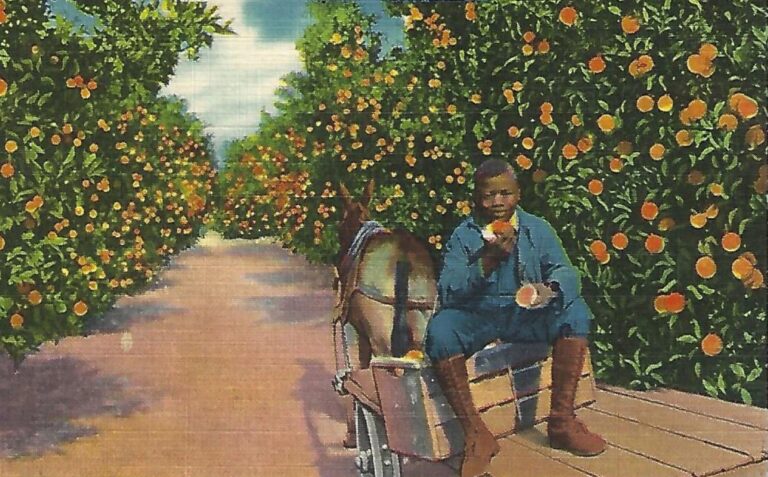
Solari Food Series: Poultry with Bill Niman
Become a member: Subscribe
- Money & Markets
- Weekly Solari Reports
- Cognitive Liberty
- Young Builders
- Ask Catherine
- News Trends & Stories
- Equity Overview
- War For Bankocracy
- Digital Money, Digital Control
- State Leader Briefings
- Food
- Food for the Soul
- Future Science
- Health
- Metanoia
- Solutions
- Spiritual Science
- Wellness
- Building Weatlh
- Via Europa
Solari’s Building Wealth materials are organized to inspire and support your personal strategic and financial planning.

Missing Money
Articles and video discussions of the $21 Trillion dollars missing from the U.S. government
No posts
- LATEST
- TOP SECTIONS
- SERIES
- Money & Markets
- Weekly Solari Reports
- Ask Catherine
- News Trends & Stories
- Equity Overview
- Cognitive Liberty
- Young Builders
- Building Wealth
- The War for Bankocracy
- Digital Money, Digital Control
- State Leader Briefings
- Food
- Food for the Soul
- Future Science
- Health
- Metanoia
- Solutions
- Spiritual Science
- Wellness
- Via Europa
- BLOGS
- RESOURCES
- COMMUNITY
- My Account
- Log In
- Subscribe
- Search
- Shop
- Support
- Donate
- Log Out
Solari Food Series: Poultry with Bill Niman

ARVE error: Invalid URL in url
ARVE error: Invalid Thumbnail https://tube.solari.com/wp-content/uploads/2021/08/Solari_Food_Series–Poultry_with_Bill_Niman_thumb1.jpg
ARVE error: detect_provider_and_id_from_url method needs url.
“Dear Lord; we beg but one boon more: Peace in the hearts of all men living, peace in the whole world this Thanksgiving.” ~Joseph Auslander
By Catherine Austin Fitts
This week on the Solari Report we publish our next episode of the Food Series, in which Harry Blazer interviews Bill Niman in the third part of a fascinating three-part series with two of the most knowledgeable leaders in fresh food markets in America today. The first two parts of this series were Hog Heaven and the Godfather of Grass-Fed. As millions of people in the United States and Canada this week sit down to enjoy Thanksgiving dinner, it is appropriate that this episode will cover poultry.
No one knows more about raising the finest livestock than Bill and his team. Bill’s wife Nicolette is author of Righteous Porkchop: Finding a Life and Good Food Beyond Factory Farms and Defending Beef: the Case for Sustainable Beef Production. Together they own and operate Bill and Nicolette Niman’s Farm in Bolinas, California, raising and producing the finest lamb, beef, and turkey.
Bill is our hero this week on the Solari Report. The courage and persistence he has shown in his commitment to protecting our food supply and providing the finest meat available has been extraordinary. While giving thanks during this season, please give thanks for Bill and Nicolette and the farmers and ranchers like them who provide us with healthy, nutritious food. Who’s your farmer? Who’s your rancher? If possible, source your food from people you know and trust and remember to tell them, THANKS!
In Let’s Go to the Movies! I recommend a movie called The Blind Side that includes one of my favorite Thanksgiving dinner movie scenes. Based on a true story from Memphis, Tennessee, the journey of the Tuohy family describes many of the blessings that come from the values we treasure in this area of the world – love of God, family, home, education and community.
E-mail or post your questions for Ask Catherine at the Money & Markets commentary here.
Talk to you Thursday!
Related Reading:
8 Comments
Comments are closed.
Our mission is to help you live a free and inspired life. This includes building wealth in ways that build real wealth in the wider economy. We believe that personal and family wealth is a critical ingredient of both individual freedom and community, health and well-being.
Nothing on The Solari Report should be taken as individual investment, legal, or medical advice. Anyone seeking investment, legal, medical, or other professional advice for his or her personal situation is advised to seek out a qualified advisor or advisors and provide as much information as possible to the advisor in order that such advisor can take into account all relevant circumstances, objectives, and risks before rendering an opinion as to the appropriate strategy.
Be the first to know about new articles, series and events.

8 Comments
-
Some food companies now promote blockchain turkeys, allowing consumers to trace Thanksgiving dinner back to the farm. Interestingly, buying blockchain-tracked food seemingly provides a kind of psychological security around food safety issues. The security triggers a stronger bottom line through increased sales. According to a reported 2015 study conducted with consumers in South Korea, traceable information translates to more sales and increased brand and product trust.
A Food Safety Magazine story cites the study’s co-author, Rajiv Kishore, as noting when “the customer believes regulatory authorities are ensuring accurate production information, he or she is more likely to buy food that is tracked using traceability information, and even less likely to actual use the food traceability information.”
-
I don’t trust digital systems, especially with lab grown meat on the way. Have to know your local farmer and rancher to be sure.
-
The above comment comes from a story I wrote for publication, which the editor ended up dropping. The turkey product, from Honeysuckle, is owned by Cargill Corp. During the interview, I inquired about the relationship between the farmers and Cargill and asked if the farmer buys the feed from Cargill. The rep immediately shifted to stressing the “independent farm families” operating under the Cargill umbrella. Corporate entities definitely aim to look a lot more wholesome than the reality of the case!
-
That’s for sure!
-
-
-
-
Some food companies now promote blockchain turkeys, allowing consumers to trace Thanksgiving dinner back to the farm. Interestingly, buying blockchain-tracked food seemingly provides a kind of psychological security around food safety issues. The security triggers a stronger bottom line through increased sales. According to a reported 2015 study conducted with consumers in South Korea, traceable information translates to more sales and increased brand and product trust.
A Food Safety Magazine story cites the study’s co-author, Rajiv Kishore, as noting when “the customer believes regulatory authorities are ensuring accurate production information, he or she is more likely to buy food that is tracked using traceability information, and even less likely to actual use the food traceability information.”
-
I don’t trust digital systems, especially with lab grown meat on the way. Have to know your local farmer and rancher to be sure.
-
The above comment comes from a story I wrote for publication, which the editor ended up dropping. The turkey product, from Honeysuckle, is owned by Cargill Corp. During the interview, I inquired about the relationship between the farmers and Cargill and asked if the farmer buys the feed from Cargill. The rep immediately shifted to stressing the “independent farm families” operating under the Cargill umbrella. Corporate entities definitely aim to look a lot more wholesome than the reality of the case!
-
That’s for sure!
-
-
-
Comments are closed.



















































































































Some food companies now promote blockchain turkeys, allowing consumers to trace Thanksgiving dinner back to the farm. Interestingly, buying blockchain-tracked food seemingly provides a kind of psychological security around food safety issues. The security triggers a stronger bottom line through increased sales. According to a reported 2015 study conducted with consumers in South Korea, traceable information translates to more sales and increased brand and product trust.
A Food Safety Magazine story cites the study’s co-author, Rajiv Kishore, as noting when “the customer believes regulatory authorities are ensuring accurate production information, he or she is more likely to buy food that is tracked using traceability information, and even less likely to actual use the food traceability information.”
I don’t trust digital systems, especially with lab grown meat on the way. Have to know your local farmer and rancher to be sure.
The above comment comes from a story I wrote for publication, which the editor ended up dropping. The turkey product, from Honeysuckle, is owned by Cargill Corp. During the interview, I inquired about the relationship between the farmers and Cargill and asked if the farmer buys the feed from Cargill. The rep immediately shifted to stressing the “independent farm families” operating under the Cargill umbrella. Corporate entities definitely aim to look a lot more wholesome than the reality of the case!
That’s for sure!
Some food companies now promote blockchain turkeys, allowing consumers to trace Thanksgiving dinner back to the farm. Interestingly, buying blockchain-tracked food seemingly provides a kind of psychological security around food safety issues. The security triggers a stronger bottom line through increased sales. According to a reported 2015 study conducted with consumers in South Korea, traceable information translates to more sales and increased brand and product trust.
A Food Safety Magazine story cites the study’s co-author, Rajiv Kishore, as noting when “the customer believes regulatory authorities are ensuring accurate production information, he or she is more likely to buy food that is tracked using traceability information, and even less likely to actual use the food traceability information.”
I don’t trust digital systems, especially with lab grown meat on the way. Have to know your local farmer and rancher to be sure.
The above comment comes from a story I wrote for publication, which the editor ended up dropping. The turkey product, from Honeysuckle, is owned by Cargill Corp. During the interview, I inquired about the relationship between the farmers and Cargill and asked if the farmer buys the feed from Cargill. The rep immediately shifted to stressing the “independent farm families” operating under the Cargill umbrella. Corporate entities definitely aim to look a lot more wholesome than the reality of the case!
That’s for sure!